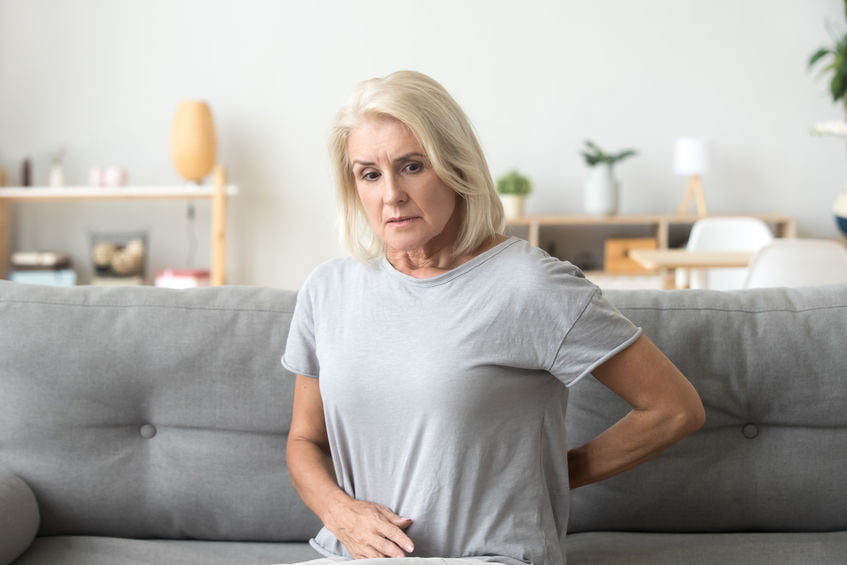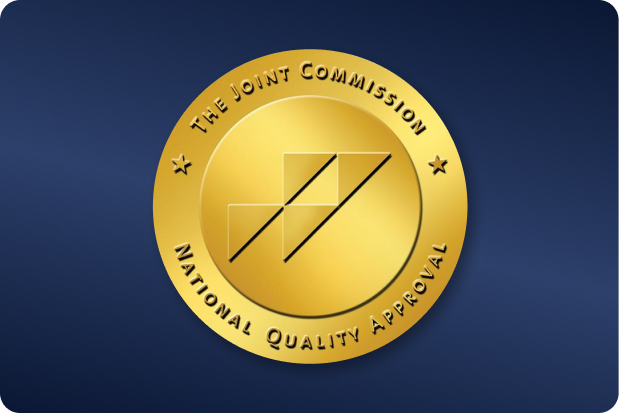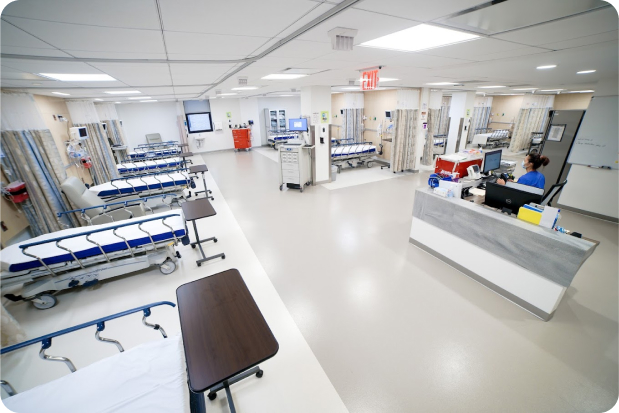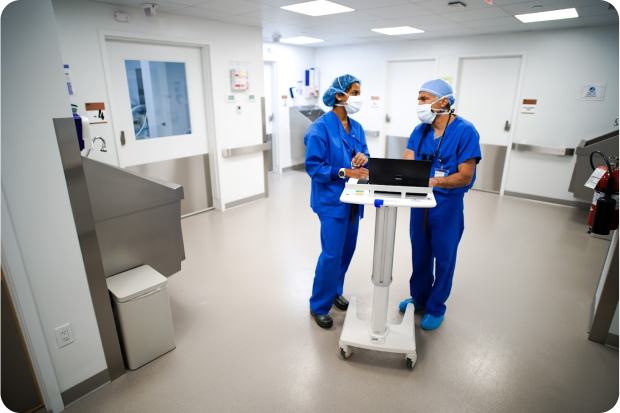 OUR LOCATIONS
Call to book 201.523.9590
OUR LOCATIONS
Call to book 201.523.9590
 OUR LOCATIONS
Call to book 201.523.9590
OUR LOCATIONS
Call to book 201.523.9590

The kidneys are organs that sit on both sides of the body, right below the rib cage. They rest against the back muscles, which can make it difficult to tell whether you’re experiencing kidney pain or back pain. However, you can distinguish one from the other by looking at where the pain is located, how severe the pain is, and what the accompanying signs are.
So what is the difference between back pain and kidney pain? Kidney pain often affects a higher area of the back compared to back problems which tend to occur on the lumbar spine. If your kidney has a problem, the pain won’t go away until it is resolved. On the other hand, back pain can lessen when you adjust the position of your body or if you rest for a couple of days.
For a more accurate diagnosis and better treatment, you have to identify whether you are experiencing kidney pain or back pain in the first place.
Your kidneys are two bean-shaped organs about the size of a fist, located on each side of the body right beside the spinal cord. This area is called the flank and it is located halfway between the bottom of the rib cage and the hip.
The kidneys serve an important function in the body. They are in charge of cleaning out water, toxins, acids, and waste from the blood by transforming these materials into urine so everything is flushed out of your system. Without the kidneys, nothing will maintain the levels of salt, water, and minerals like calcium in our blood.
However, their role of filtering out waste makes the kidneys susceptible to infection or damage. Kidney stones are created when excess calcium, phosphorus, and oxalate accumulate, causing a kind of blockage, which manifests as a sharp and severe sting. An infection in the kidneys would feel more like a dull ache in the sides, back, or belly.
The human back is made up of bones, muscles, and nerves. If damaged, the parts of this structural, musculoskeletal system can cause pain in the upper, middle, or lower areas of the back. Back pain is extremely common so it’s more likely you would suffer from back pain rather than kidney pain.
Causes of back pain vary. You could have simply hurt your muscles due to overuse, poor posture, or heavy lifting. A strained muscle would feel like a dull throbbing that disappears when you are at rest. On the other hand, issues with the nerves, disc, or bone weakness would create a more severe pain deeper in the body. If your sciatic nerve are pinched, for example, a sharp, shooting pain will travel down your legs and feet.
Patients who experience back pain would know that there are different levels of pain you would feel on certain days. Sometimes, your back hurts slightly but you can still go about your normal daily activities. On other days, the back pain is severe enough to interfere with your mobility and keep you bedridden. Although it depends on the specific issues, most back pain symptoms can be treated with pain medication and rest.
As back pain is a common experience for many people, it’s easy to think that it’s just another ordinary ache that will go away on its own. However, your kidneys may be the organs that are actually causing you pain. It can be tricky to distinguish what exactly is causing your discomfort because of how close the pain areas are. Here’s a quick guide to help you figure out if you’re experiencing kidney pain or back pain:
| Back Pain | Kidney Pain | |
| Location | Pain can occur anywhere in the back but it’s usually the lumbar spine or lower back where patients feel hurt the most. This is the area that bears the most of our weight, so it’s more vulnerable to fatigue, injury or tightness. | You will feel kidney pain in the flanks below the rib cage on either side of the spine. It is possible to feel it on just one or both sides. |
| Type of Pain | The type or severity of pain differs depending on which part is causing the problem. Muscle pain feels like a dull ache or soreness that fluctuates. Nerve pain is frequently described as a burning, electric, or stabbing sensation that travels down the lower back to the legs and feet. Bone pain caused by a vertebral fracture or an irregularly-shaped spine can come suddenly and worsen with movement. | Kidney pain can either come as a dull, constant ache or a sharp, severe pain that comes in waves. Smaller kidney stones can pass through the urinary system without hurting you while larger kidney stones worsen the pain as it travels from the kidneys to the ureters, the tubes connecting your kidneys to the bladder. |
| Pain Radiation | Spinal pain often radiates to the neck and limbs. If the problem is caused by a pinched nerve or a damaged disc, pain may also radiate to the buttocks, back of the thighs, and the legs or ankles. | Kidney pain can spread from the flanks at your sides to the groin, inner thigh, and abdomen. |
| Symptoms | You may experience aching or stiffness along the spine, muscle spasms, muscle cramps, and some numbness or tingling from the back down to the legs. | The most common additional symptoms to kidney pain include fatigue, nausea, fever, vomiting, constipation, diarrhea, dark-colored or cloudy urine, bloody urine, a frequent need to urinate or pain while urinating. |
| Causes | Back pain often happens because of an injury, poor posture, or overexertion. You could easily strain your muscles by playing sports, overstretching, or incorrectly lifting a heavy object. Even sitting or standing too long can cause back pain. A medical condition like arthritis, osteoporosis, and spondylitis can cause spinal pain as well. | As the kidneys are organs connected to the bladder and the ureters, there are many possible causes such as a urinary tract infection, kidney stones, kidney infection, or blunt force trauma to the kidneys. |
| Pain Relievers | One sign of spinal pain is that the ache eases up when you’re resting or lying down. Mild back pain can easily be treated with rest, over-the-counter pain relievers, or hot and cold packs. | Nothing will relieve kidney pain until the source of the problem has been identified. Moving around will not affect the pain either. |
When either your kidneys or your back hurt, you could either experience mild discomfort or a crippling pain. Since the actual problem might not be clear yet, consulting with a physician is imperative to determine the cause before they can administer treatment.
Issues with the kidney could either be a minor problem or a big one. If you’re battling a kidney infection, your doctor would most likely prescribe antibiotics for you. A tiny kidney stone will require no treatment at all and pass naturally. In some cases, you many need a short hospital visit so they can get the stones out of your system smoothly. Drinking plenty of water can help with this problem. A larger kidney stone, on the other hand, would require surgery.
As for the back, various causes means many different cures are available. For non-serious back problems, you only need some rest, muscle relaxants, and a heating pad to relieve the pain. If the pain lasts for over two weeks, it may indicate a more severe problem that could require intensive care, physical rehabilitation, or minor surgery.
If you’re experiencing severe symptoms of back pain, it’s best to consult with a doctor immediately.
With over 15 years of experience, our doctors at the Spine & Rehab Group can help diagnose and alleviate your spinal pain with non-surgical but effective treatment plans. If you’re looking for a back doctor near me, you’re already on the right track. For a healthy spine, book an appointment online with any of our NY and NJ locations today.



